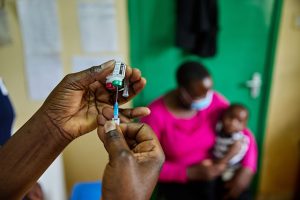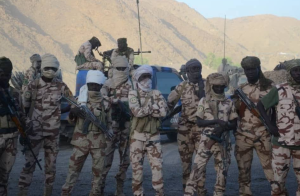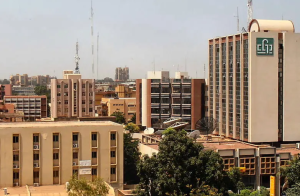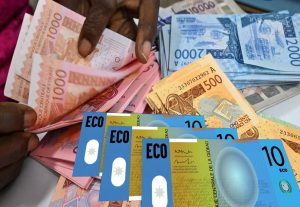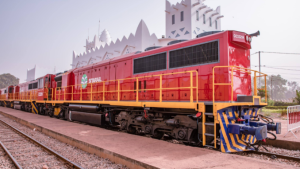Madagascar: Andry Rajoelina wins Presidential Elections, but Protests intensify
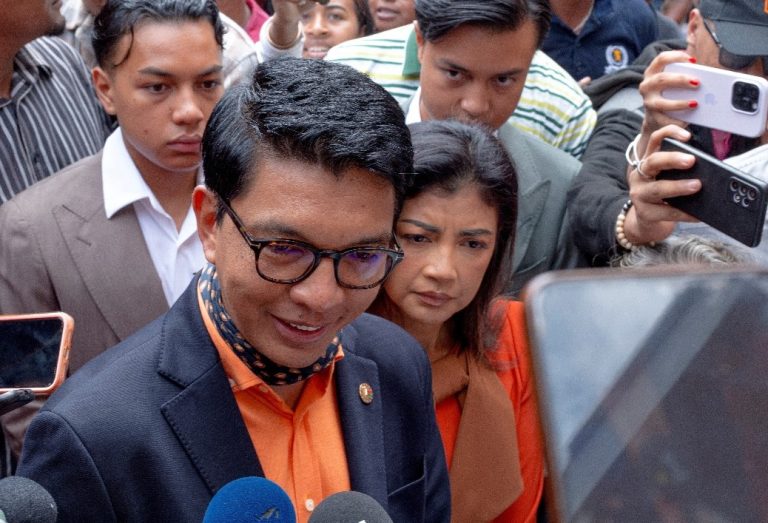
In Madagascar, the outgoing President, Andry Rajoelina, 49, has won the presidential election in the first round of voting, according to provisional figures from the Independent National Electoral Commission (CENI) published on Saturday 25 November. He won 58.95% of the vote. These results must still be confirmed by the High Constitutional Court (HCC) within nine days before they become final.
However, the majority of the opposition rejected the results, describing the election as a «sham election organised by force».
The only two candidates running against Mr Rajoelina received 14.4% and 0.8% of the vote respectively.
Marc Ravalomanana, the former head of state, with 12.10%, called for a boycott of the election.
The turnout of 46.36%, close to that of the 2018 presidential election, raises questions, given the low turnout reported on polling day.
Andry Rajoelina deployed considerable resources to persuade the Malagasy people to grant him a second term, organising massive meetings and distributing money to voters in exchange for their vote in favour of the TGV (Tanora malaGasy Vonona – «Determined Young Malagasy» presidential formation.
The figures proclaimed by the CENI have already been challenged before the HCC.
The Siteny candidate has filed a petition requesting the annulment of the electoral operations throughout the country, arguing that certain polling station results do not conform to the original minutes.
It is also seeking to disqualify Andry Rajoelina because of his French nationality, which was revealed in 2014.
The protests were accompanied by repressed demonstrations, fuelling fears of increased use of force by the government.
The appointment of retired gendarmerie general Richard Ravalomanana as interim president is also causing concern among the opposition, due to his track record in the 2009 coup.
The security situation is tense, with incidents such as attempted attacks on opposition figures, including the president of the National Assembly, Christine Razanamahasoa, who was forced to flee her residence. The outgoing president’s record has been criticised, with unfulfilled promises in the Madagascar Emergence Plan (PEM). Studies show that only 13% of promises have been fulfilled, 38% are in progress, and problems persist in key sectors such as electricity, food production and exports.
The political and social situation remains tense, with major challenges for the re-elected President to improve governance and meet the expectations of the population.
AB Saul







